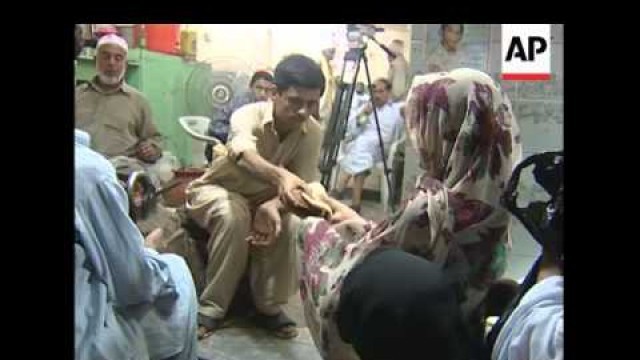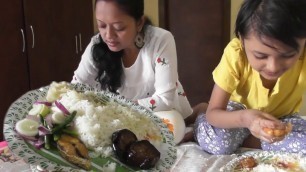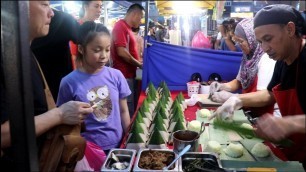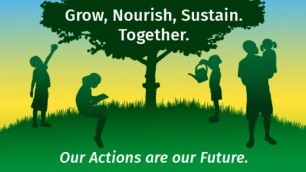

'(16 Oct 2008) Rawalpindi - 15 October 2008 1. Wide of busy traffic intersection 2. Tents where migrants live on city margins 3. Woman cooking inside tent 4. Close-up of cooking pot 5. Children eating 6. People beside tents 7. SOUNDBITE: (Punjabi) Riaz Ahmed, Itinerant flower seller and father of nine children: \"We are dying of hunger. I feel like it would be better to poison all my children, it would be better than dying of hunger.\" 8. Children outside tents 9. Close-up of stack of roti bread 10. Children receiving bread handout donated by local businessmen 11. SOUNDBITE: (Urdu) Naila Aslam, fourteen-year-old girl: \"My father has died. My mother works in people\'s homes and we have to spend all our income on our rent. The price of flour and other items is so high, that\'s why I\'m standing in this queue for free food. We can\'t afford to buy flour and other stuff because it is so expensive.\" 12. Women and girls standing in queue for free bread handout 13. People queueing for bread 14. Close-up of bread in woman\'s hand 15. Women eating free bread 16. Close-up of child\'s face Islamabad - 16 October 2008 17. Set up of World Food Programme country director Wolfgang Herbinger 18. SOUNDBITE (English) Wolfgang Herbinger, World Food Programme country director, Pakistan: \"The global financial crisis will make things probably worse. On the one hand, the economy will be affected so people will earn less income. On the other hand, it is very important for countries like Pakistan to receive assistance from the richer countries and if the richer countries themselves have problems there will be little tax money left for supporting development programmes and humanitarian programmes.\" Rawalpindi - 15 October 2008 19. Wide of women queuing for free food STORYLINE: As nations around the world mark World Food Day with a variety of events on Thursday, hundreds of people in impoverished areas across the globe are still struggling to cope with rising food prices. Pakistan is one such country that has seen marked increases in the cost of flour, rice, cooking oil and other essential food stuffs. The World Food Programme (WFP) in Pakistan says rising prices for food stuffs in Pakistan has meant an additional ten (m) million people are now considered \'food insecure\'. The WFP estimates that some 45 (m) million people in Pakistan now get too little to eat, less than 1,700 calories daily, an amount deemed insufficient for leading a healthy life. The WFP has started a relief programme to reach out to 3 (m) million of the worst affected by the food crisis. These people mostly live along the borders between Pakistan and neighbour Afghanistan in areas of North West Frontier Province and Baluchistan provinces. But even in the bigger cities like Rawalpindi people are struggling. Riaz Ahmed, an itinerant flower seller and the father of nine children, says he and his family are starving. These people are receiving free roti, an unleavened bread, donated by a local business man. Fourteen-year-old Naila Aslam says she is waiting for the free bread because otherwise she and her mother cannot afford to eat. WFP country director Wolfgang Herbinger says the global financial crisis will probably make things worse for Pakistan\'s poor. As in other developing countries, higher prices of imported fuel and food have driven up inflation in Pakistan. In September 2008, the country\'s consumer price index was up by 25 percent from a year earlier, with prices of critical food items up by over 32 percent. Pakistan\'s long economic boom has also faltered. Find out more about AP Archive: http://www.aparchive.com/HowWeWork Twitter: https://twitter.com/AP_Archive Facebook: https://www.facebook.com/APArchives Instagram: https://www.instagram.com/APNews/ You can license this story through AP Archive: http://www.aparchive.com/metadata/youtube/afb5db70d611f7094e283b547dbb31e2'
Tags: pakistan , Business , AP Archive , government and politics , Pakistan food , south asia , 582250 , afb5db70d611f7094e283b547dbb31e2
See also:

















comments